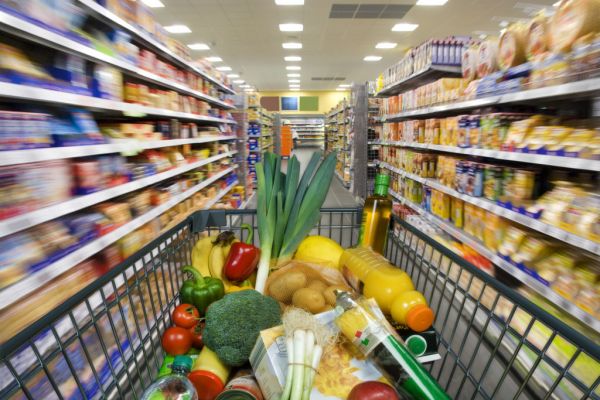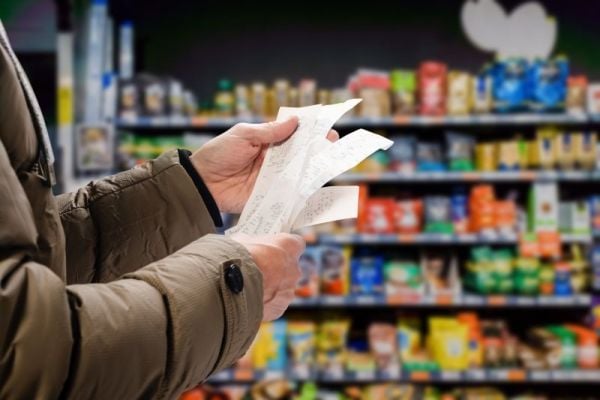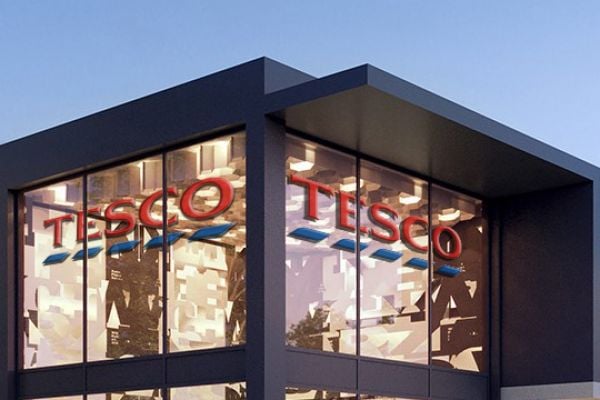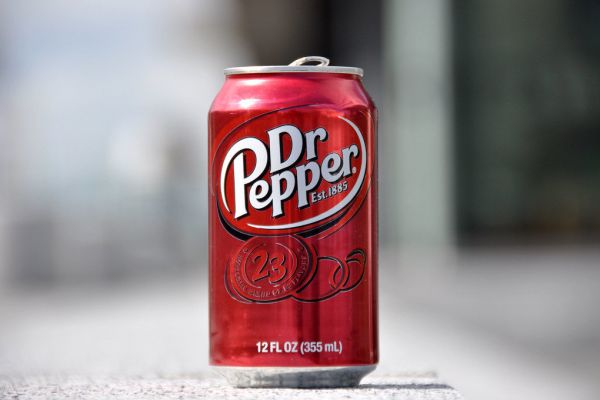Irish grocery sales fell by 4.5% in the latest 12 weeks to 20 February 2022 as grocery price inflation hit 2.4%, marking the seventh consecutive month of rising prices, according to the latest data from Kantar.
However, spending remained 11.1% higher than before the pandemic.
The number of products sold on promotion fell by 10.9% year-on-year as retailers sought to manage mounting supply costs, Kantar noted.
Emer Healy, senior retail analyst at Kantar, commented, “Prices are rising across the board and that’s really being felt at the grocery tills. We’re now starting to see this reflected in shopper behaviour, with people increasingly opting for private=label lines over branded products in an attempt to drive down the cost of their weekly shop.”
Easing Of Restrictions
Further easing of COVID-19 restrictions in February also contributed to the overall decline in supermarket sales, as people returned to offices and city centres.
Sales of flour, eggs and chocolate spreads drooped 27.6%, 20.6% and 35% respectively in the last four weeks.
Healy added, “People are finding their feet in their new routines, with many juggling commuting and socialising again after months at home. Shoppers spent an additional €4.3 million on chilled convenience items like pizzas and ready meals over the latest month, as families turned to quick and easy meal options to feed the kids while schools were out over mid-term week.”
Online Sales
Online grocery sales fell by 15% over the latest four weeks as shoppers returned to physical stores.
Bad weather in February helped in levelling out online sales, especially in Munster, which was among the first to receive red weather warnings during storm Eunice.
Online sales in the area declined by 7%, which according to Kantar was a 'softer' decline than other areas.
Overall, the market share of online fell to 5.7% from 6.2% in February 2021 as more and more consumers resumed purchasing groceries from physical stores.
Healy stated, “Retailers have really invested in bolstering their online capabilities over the past couple of years and the proportion of groceries bought online has grown significantly since 2018. However, the growth of online grocery that we saw during the pandemic is now beginning to stabilise and has reached a natural ceiling as we ease back into life out of lockdown.”
Top Retailers
All major retailers in the country saw take-home grocery sales fall in the 12 weeks to 20 February 2022 compared with last year, though they remained in growth compared with the pre-pandemic period.
Dunnes Stores retained its top position with a market share of 23%.
SuperValu claimed a market share of 22%, while Tesco followed closely behind with 21.9%.
Lidl, which recently rolled out the ‘inflation buster’ prices advertising campaign, has a 12.2% market share, boosted by new shoppers who contributed an additional €4.1 million to its overall sales.
Aldi gained market share over the latest 12 weeks and now accounts for 11.7% of total sales.
“Supermarkets have been quick to respond to growing concerns over the cost of living through targeted ad campaigns and voucher schemes," Healy added. "These kinds of tactics will only become more important as grocers battle for the biggest slice of consumer spend in a challenging environment.”














